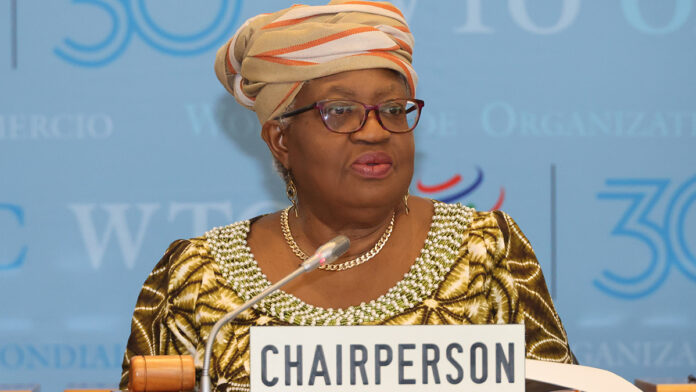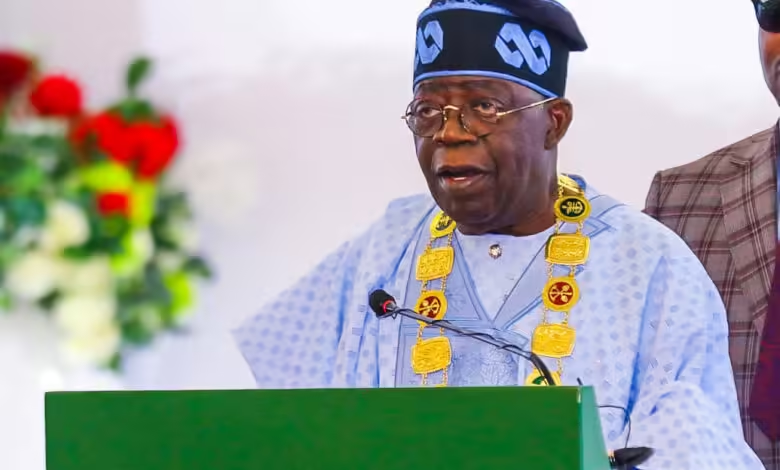GENEVA (CHATNEWSTV) — World Trade Organization (WTO) Director-General Ngozi Okonjo-Iweala called on members Thursday to adopt a “fresh approach” to ongoing negotiations, warning against stalemates that risk undermining political support for the multilateral trading system.
“Leaders around the world expect us to deliver results, not deadlock, not stalemate,” Okonjo-Iweala told WTO delegations during a meeting of the Trade Negotiations Committee (TNC) in Geneva. “We must focus on delivering outcomes wherever and whenever possible. Negotiating in the 2020s requires a more dynamic approach.”
Okonjo-Iweala emphasized the importance of substantive progress ahead of the WTO’s 14th Ministerial Conference (MC14), slated for 2025. “We have to deliver results for the people and for the leaders who have sent us here to do the work,” she said, urging members to reconsider their attitudes, processes, and focus in negotiations.
Stalemates in Fisheries and Agriculture
Despite months of work, key negotiations remain mired in gridlock. Ambassador Einar Gunnarsson of Iceland, chair of the fisheries subsidies talks, reported that while 95% of WTO members supported a revised text circulated in late November, at least two members found it “far short of an acceptable outcome.”
“Save for any last-minute solution, it seems to me that the negotiations have reached a stalemate,” Gunnarsson said.
In agriculture, Ambassador Alparslan Acarsoy of Türkiye highlighted similar difficulties, noting that recent discussions have failed to achieve consensus even on negotiation processes. “We should demonstrate pragmatism and not spend an inordinate amount of time on the process,” he said, urging members to engage substantively in early 2025.
Progress in Development, Environment, and Geographical Indications
Ambassador Kadra Hassan of Djibouti reported some progress in trade and development talks, particularly on proposals from the G90 group of developing and least-developed countries. “The year 2025 will be pivotal for continuing to make progress,” Hassan said, pointing to preparations for MC14 as critical.
Other areas, however, saw little movement. Ambassador Eunice Tembo Luambia of Zambia noted reluctance by members to engage in talks on trade and environment. Similarly, Ambassador Alfredo Suescum of Panama observed no substantive negotiations on a multilateral register for geographical indications for wines and spirits in over a decade.
A Need for Change
WTO members echoed Okonjo-Iweala’s call for innovation in their approaches. Ambassador Petter Ølberg of Norway, Chair of the General Council, urged delegates to embrace new methods in 2025, warning that they would be “pulled out of their comfort zones.”
“We cannot continue like this. We need some kind of a new approach,” Ølberg said.
Director-General’s Closing Remarks
In her closing remarks, Okonjo-Iweala acknowledged the progress made in fisheries subsidies but suggested allowing hesitant members more time to consider the revised draft text. On agriculture, she proposed a hybrid approach that balances divergent member priorities without pre-empting future outcomes.
“We must reconcile our differences and move forward,” she said. “The stakes are too high to fail.”
The WTO’s upcoming General Council meeting on December 16-17 will test whether members can bridge their divides and push stalled negotiations forward.
Editor: Gabriel Ani




